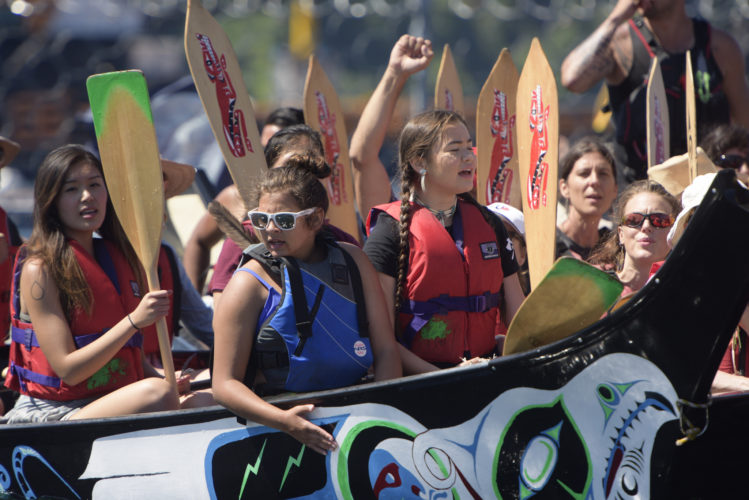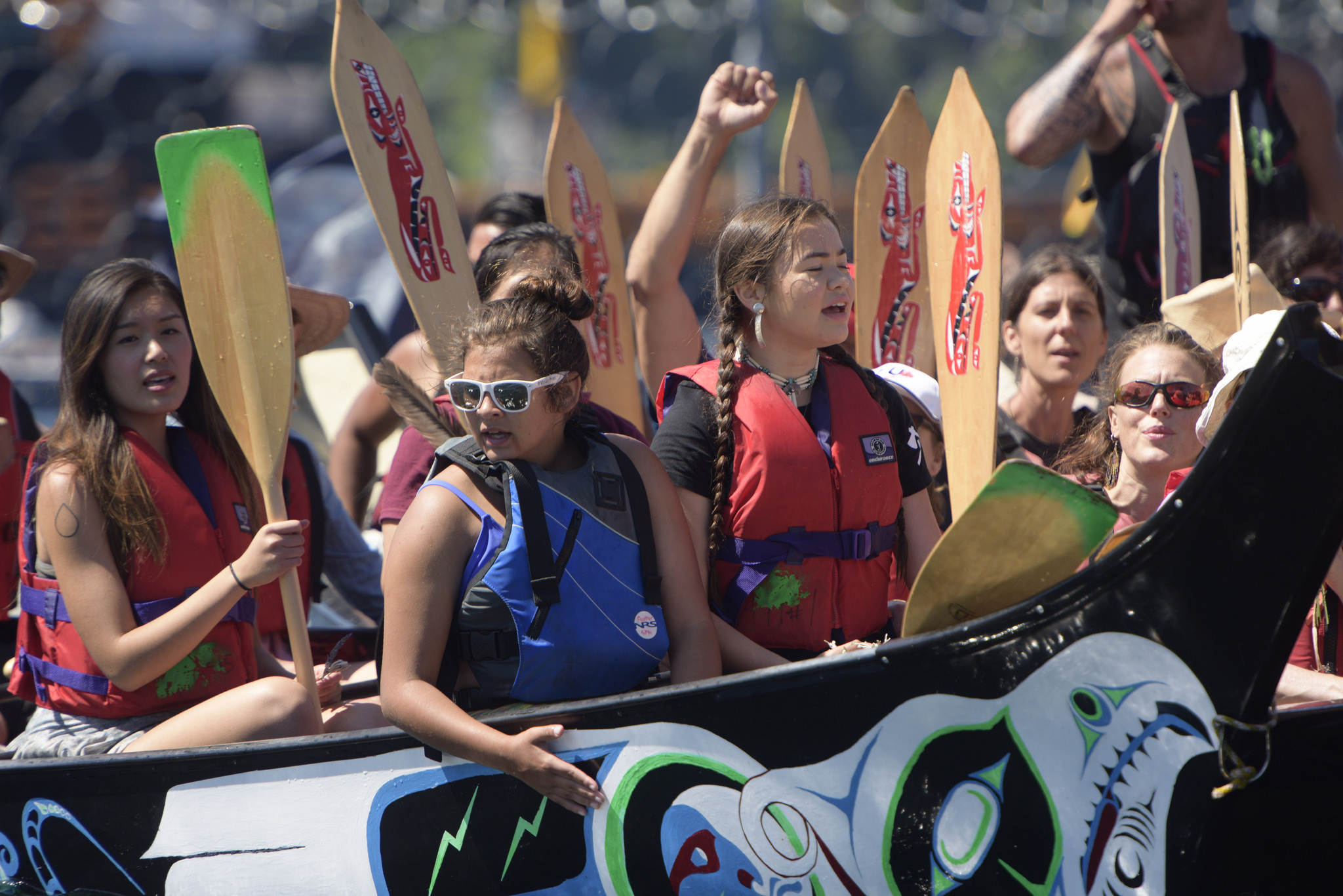New research has suggested that Indigenous peoples and local communities dramatically outperform other methods to protect sensitive environments.
The report, Cornered by Protected Areas, was co-authored by the United Nations’ Special Rapporteur on the Rights of Indigenous Peoples Victoria Tauli-Corpuz and the Rights and Resources Initiative (RRI) was released as forest researchers revealed a spike in deforestation that threatens efforts to reach global climate goals.
“If we are to save the world’s forests and prevent a climate crisis, Indigenous peoples and local communities must be part of the solution,” said Tauli-Corpuz. “Based on a growing body of evidence, they make tremendous contributions, conserving some of the most biodiverse lands on Earth.”
The report’s focus is on deforestation, a process that threatens the desertification of land, which in turn can threaten water security. As our recent feature, The Battle Against Desertification—Why Canada Should Care, argued, Canada is not immune to these processes.
The report points to a 2018 Rights and Resources Initiative analysis, which confirmed “that Indigenous peoples and local communities are major conservation investors.” In contrast, “official funding for protected-area systems is consistently inadequate, especially in low- and middle-income countries.”
Despite protecting their lands—often for generations—Indigenous peoples and local communities are confronting a growing trend in the designation of their lands across, especially in the Global South, as protected areas, creating a crisis of criminalization and human rights violations, according to the report’s findings.
Similar trends can be seen as Indigenous water protectors confront energy projects, most notably with Canada’s Trans Mountain project and the widely publicized Standing Rock protests in the U.S. This past weekend, an Indigenous-led action in response to the Trans Mountain pipeline saw activists in kayaks and canoes. As reported by the CBC, Will George, a Coast Salish member, was arrested last week at a previous action protesting the pipeline. In Canada, Indigenous peoples often face criminalization in their conservation efforts.

“Instead of partnering with the people who live in and depend on forests, conservation initiatives continue to drive communities from their ancestral lands, part of a larger trend of criminalization worldwide,” said Tauli-Corpuz. “In some cases, they are declared squatters in their own territories. In my capacity as Special Rapporteur, I have seen a disturbing uptick of harassment, criminalization, and even extrajudicial killings targeting communities.”
In Peru, legal recognition of community forest rights reduced deforestation and disturbance by as much as 81 per cent in the year following titling, and by 56 per cent the year after. Significantly, Peru is an important contributor to the global effort to achieve SDG 6 on clean water and sanitation.
Governments and environmental organizations have made numerous commitments and pledged to adhere to international standards, yet the communities responsible for maintaining the world’s lands and forests face increasing threats.
The report argues that conventional conservation practices should remain in place, but states that “overreliance on centrally governed approaches would, however, be bad for the environment, economies, and indigenous and local communities.” To that end, the report calls for the creation of a global conservation monitoring and grievance mechanism to “address infringements of human rights in the context of conservation efforts and strengthen the accountability of protected-area managers.”
“This conservation research underscores the cost of ignoring communities and their immense contributions to conservation,” said Alain Frechette, Director of Strategic Analysis and Global Engagement at RRI. “In order to fully respect the rights of the world’s Indigenous peoples, we urgently need to move toward rights-based conservation models that can secure human well-being and global progress on climate and development priorities.”
The full report is available online.









